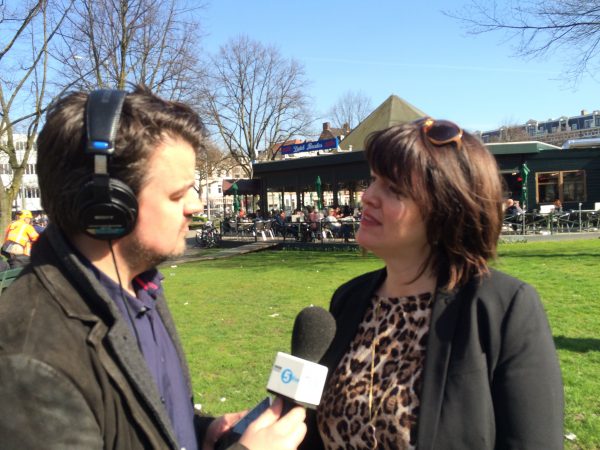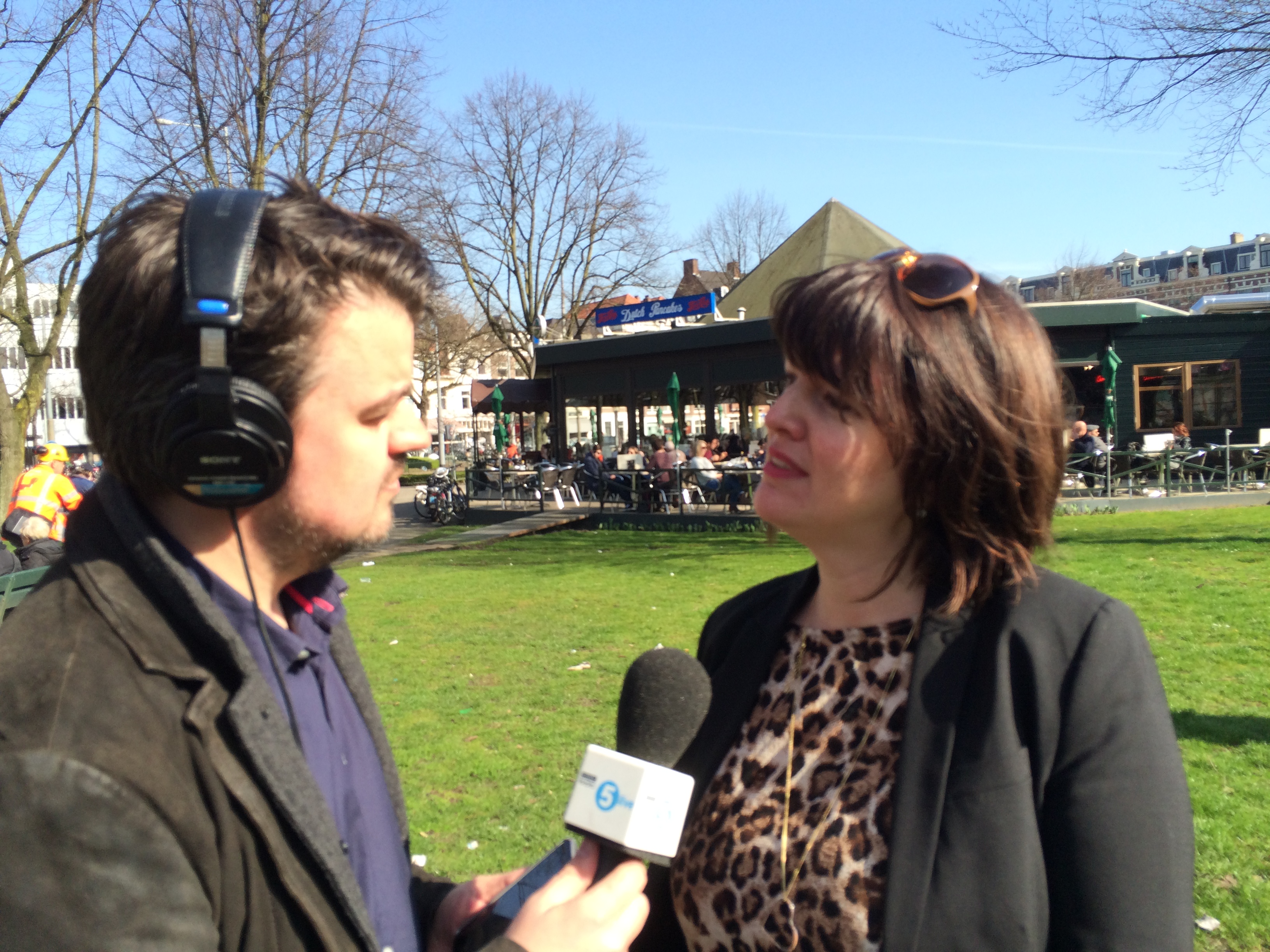Amsterdam Smart City (ASC) is a programme of the Amsterdam Economic Board. It has as founding partners the City of Amsterdam, telecom operator KPN, grid operator Alliander, the Arena (Ajax!) football stadium, the Amsterdam University of Applied Sciences, former national post company PostNL and engineering consultancy Arcadis. Amsterdam Smart City is a platform for the exchange, acceleration and development of smart city solutions. Partners are local governments, knowledge partners and businesses and grass root initiatives. The approach is bottom-up and all partners are equal. ASC does not prescribe a big Masterplan for smart cities, it connects partners, tries to accelerate solutions that may proof to have sound business models and it tries to help partners remove barriers in the development of their solutions.
Being there for almost 10 years, with over 100 partners and more than 90 projects in the portfolio, ASC is also facing the challenge of scaling up. As every city that is becoming smarter and smarter.
- Roll-out could be a further expansion of a solution tested in a pilot – in an organisation, in a city or in the market. This is often the case with solutions by one organisation with a sound business model, after a succesful pilot. The context has a low importance.
- Expansion could mean expansion to a larger geographical area, to more functionalities or to more partners. This type of upscaling applies typically to platform solutions, where the value of the solution grows with the number of partner organisations. This is often the case to circular economy projects, where waste of one company is used as input for another company. Or for shared data projects, where the solution becomes more interesting and useful when more parties add their data.
An obstacle here could be negotiations with new partners or new geographical conditions.
You can see that with expansion, the number of partners and thus the context is more important than in a simple roll-out.
- Replication could mean doing the same in an other part of the same city, with the same partnership, with a new partnership or in other cities. It can be done by the original partners, or by others.
In this case, the context is highly important. A typical barrier, especially for data-based solutions, is the lack of standards, open data formats and protocols. And partners willing to share their data. Even if safety and security issues are tackled.
A version of this blog also appeared on the new Amsterdam Smart City platform website and on Smart Circle.






